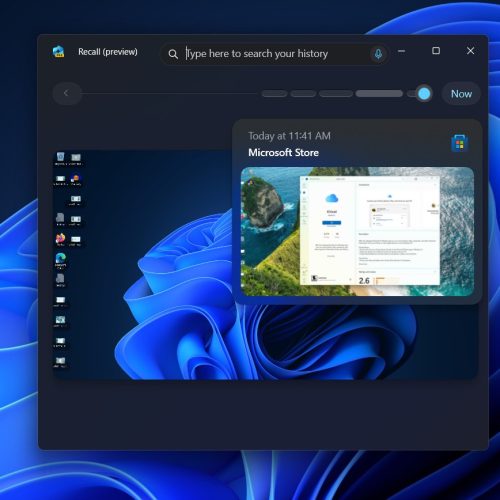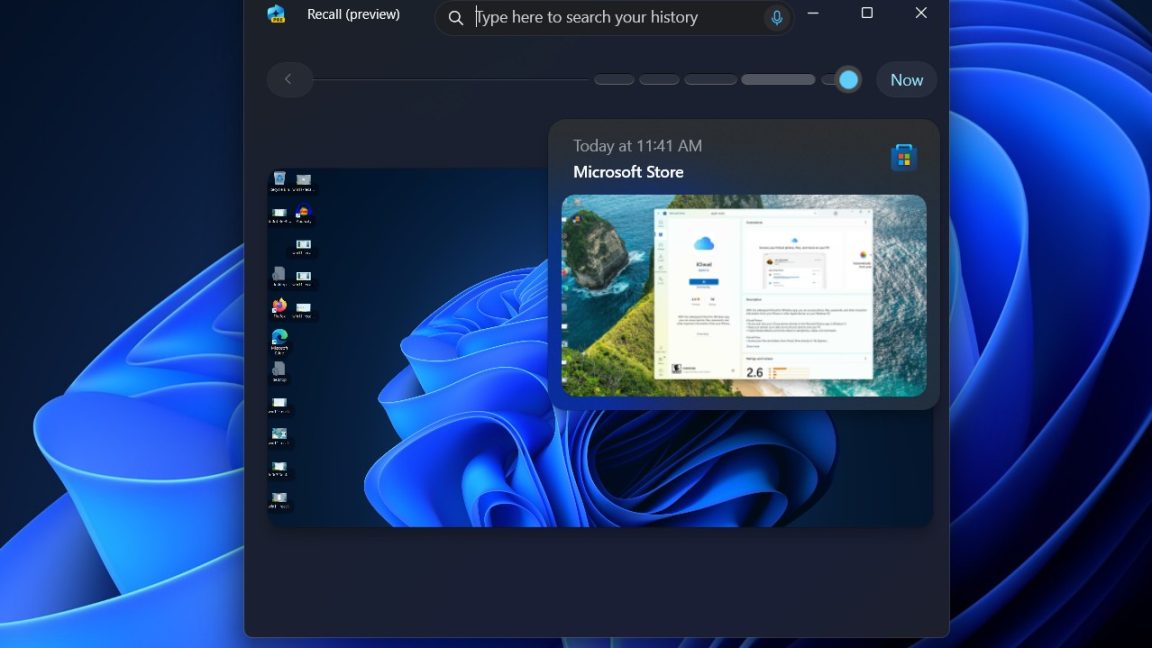Shares of cybersecurity leaders CrowdStrike Holdings (NASDAQ: CRWD), Palo Alto Networks (NASDAQ: PANW), and Fortinet (NASDAQ: FTNT) rallied 13%, 6%, and 13%, respectively, this week as of noon ET on Friday, according to data provided by S&P Global Market Intelligence.
The primary reason for these increases is related to a 90-day pause on the newly proposed tariffs that the United States announced, prompting a virtually marketwide rally.
Where to invest $1,000 right now? Our analyst team just revealed what they believe are the 10 best stocks to buy right now. Learn More »
However, there was also company-specific news that added to this rally.
On Monday morning, Wedbush Securities listed CrowdStrike and Palo Alto Networks as two "defensive" plays in an era of potentially higher tariffs. Then, on Thursday, HSBC upgraded Palo Alto to a hold from a sell while reiterating that Fortinet was its top cybersecurity stock.
Here's why I can't help but agree with these bullish notions on these three stocks.
A trio of defensive growth stocks
These three cybersecurity leaders grew sales between 14% and 25% in their most recent quarters. Despite their status as growth stocks, it is also fair to call each of the businesses a defensive stock, as Wedbush stated.
A recent survey by cybersecurity provider Red Canary of security leaders at an array of businesses found that 63% of companies increased their cybersecurity spending. Still, only 37% thought it was enough to be entirely secure. Cybersecurity spending remains crucial for businesses, with numerous hacks costing hundreds of millions of dollars (if not over a billion) in recent years.
And the need will only become more pressing as we continue to move into an artificial intelligence-influenced world. The same Red Canary survey found that roughly 62% of security leaders said that AI threats make it more challenging to keep their businesses safe.
Simply put, CrowdStrike, Palo Alto, and Fortinet offer investors the best of both worlds: high growth and defensive, recurring sales.
The case for CrowdStrike
CrowdStrike is best known for its leadership in detecting endpoint threats, and its cloud-based Falcon platform is quickly becoming a full suite of cybersecurity safeguards. Its AI-powered platform is a must-have for most of the biggest names in the business world and is currently used by roughly 70% of the Fortune 100, 18 of the top 20 U.S. banks, and 44 of the 50 U.S. states.
The company's newer products for identity protection, cloud security, and security information and event management grew by 70% to 140% since last year, so this notion of a full-suite platform continues to gain momentum.
The stock won't be confused as being cheap, trading at 84 times free cash flow (FCF). But management is forecasting $10 billion in annual recurring revenue (ARR) by 2031 -- up from $3.9 billion today -- so it could quickly outgrow this valuation.
The case for Palo Alto Networks
Palo Alto Networks has generated annualized returns of 26% since its 2012 initial public offering (IPO) while becoming a leader alongside Fortinet in firewall solutions. But this success didn't prevent the stock from being hammered in early 2024 as it shifted from individual solutions to a platform model, which it dubbed "platformization."
This adjustment meant it had to entice many existing customers to come along for the ride by temporarily offering deeply discounted solutions (if not free ones) while they acclimated themselves to the new setup. Just one year later, though, this shift seems to be a success.
The company grew sales, remaining performance obligations (RPO), and next-generation ARR solutions by 14%, 21%, and 37%, respectively, in its latest quarter, so it looks to have made the right move (so far).
It might be a leap of faith for investors to buy tech-dense cybersecurity offerings like Palo Alto, but it has several leadership ratings from Gartner's Magic Quadrant rankings across several niche categories.
Should sales and FCF growth accelerate to match the company's impressive 21% growth in RPOs (a forward-looking metric), it could prove to be a fantastic investment at 40 times FCF, thanks to its mission-critical offerings.
The case for Fortinet
Fortinet and Palo Alto are the two top dogs in their firewall niche. Like Palo Alto, Fortinet has delivered incredible 30% annualized returns since its IPO in 2009.
Both companies hold leadership rankings from Gartner in several cybersecurity categories, so they will always seem to be linked together.
One area where Fortinet is dissimilar -- in a good way -- from its two peers in this article is that it protects shareholder value better. Whereas CrowdStrike and Palo Alto have let their number of shares outstanding rise by 15% and 14% over the last five years, Fortinet has lowered its count by 5%.
This ballooning share count from CrowdStrike and Palo Alto stems from hefty stock-based compensation (SBC), which equals roughly 22% and 13%, respectively, of their total revenue. Meanwhile, Fortinet's SBC only accounts for 4% of revenue. This signals (in my opinion) that Fortinet does a better job of protecting shareholder value.
Fortinet works with 77 of the Fortune 100 and virtually all of the business leaders in each industry, much like CrowdStrike. This scale, paired with the fact that Fortinet has nearly twice as many U.S. patents as CrowdStrike and Palo Alto combined, hints that the company will be hard to disrupt anytime soon.
The stock trades at 39 times FCF, and management is guiding for more than 12% billings growth over the next five years. So it should be a great example of a defensive growth stock.
The final takeaway
All told, I believe buying a basket of this trio of defensive growth stocks might be the way to go.
Although they all compete with one another, the last five to ten years have shown that the rising tide of the cybersecurity industry -- which is growing by double digits seemingly in perpetuity -- is plenty to lift all three stocks' boats, helping them to beat the market.
Should you invest $1,000 in CrowdStrike right now?
Before you buy stock in CrowdStrike, consider this:
The Motley Fool Stock Advisor analyst team just identified what they believe are the 10 best stocks for investors to buy now… and CrowdStrike wasn’t one of them. The 10 stocks that made the cut could produce monster returns in the coming years.
Consider when Netflix made this list on December 17, 2004... if you invested $1,000 at the time of our recommendation, you’d have $496,779!* Or when Nvidia made this list on April 15, 2005... if you invested $1,000 at the time of our recommendation, you’d have $659,306!*
Now, it’s worth noting Stock Advisor’s total average return is 787% — a market-crushing outperformance compared to 152% for the S&P 500. Don’t miss out on the latest top 10 list, available when you join Stock Advisor.
See the 10 stocks »
*Stock Advisor returns as of April 10, 2025
HSBC Holdings is an advertising partner of Motley Fool Money. Josh Kohn-Lindquist has positions in CrowdStrike and Fortinet. The Motley Fool has positions in and recommends CrowdStrike and Fortinet. The Motley Fool recommends HSBC Holdings and Palo Alto Networks. The Motley Fool has a disclosure policy.
























